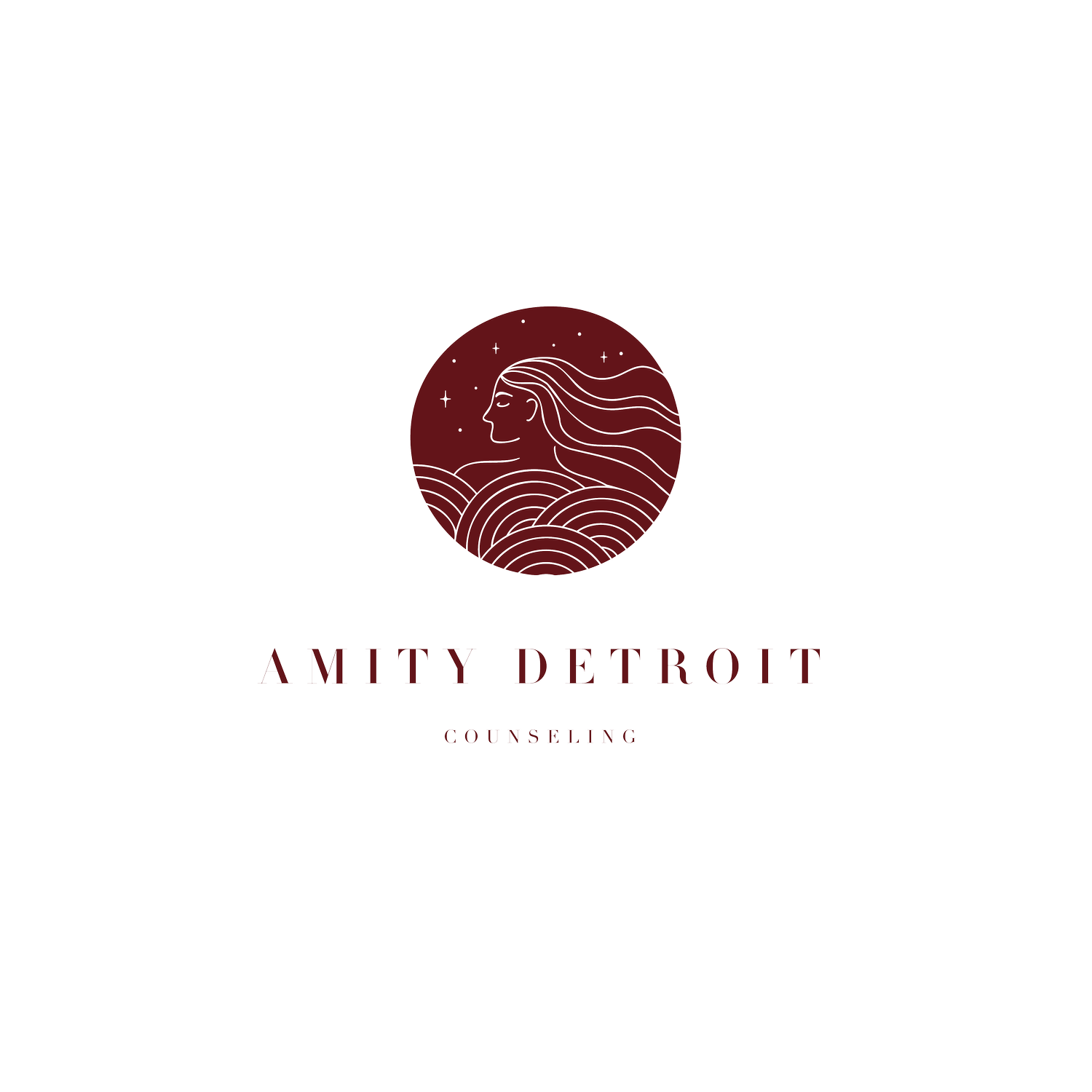
Blog
.

Thank you for being here.
I’ve put together some of my favorite blog posts for you below.
They’re a great starting point if you’re looking to learn more about relationships and the therapy process.
Be sure to check out my Instagram account for more related content.
How do I know when I’m ready to date again?
There's this idea floating around on the internet that we have to be 'fully healed' and 'self-heal' before we dare to enter any type of relationship. Yes, it's a good idea to practice self-awareness and not carelessly project our pain onto new partners. But also, we are social creatures and we heal in and through relationships. So how do we know when we're ready enough to go back out there after a breakup or after trauma?
Why Am I A Therapist?
When I graduated from undergrad a decade ago I had no intention of ever going back to school. I had no idea what I wanted to do with my career, but I knew I was interested in human sexuality, trauma, and social justice. Fast forward to two Masters degrees later, I’m grateful for the experiences that gradually and organically revealed my passion for psychotherapy. I can’t imagine myself doing anything else. In honor of National Social Work Month, ten years since leaving undergrad, five years since grad school graduation, and nearly one whole year in private practice, here is a snapshot of how I’ve landed here.
Why Can’t I Get Over Them?
You might be feeling shame for not being able to release someone from your past. It might feel like it’s obvious that they weren’t a good fit, didn’t treat you well, or hurt you in a way that feels unforgivable. Oppositely, it might feel like they were a fantastic fit and the universe is playing some type of cruel joke on you to keep you apart. Your shame might feel more like the shame of not being good enough to get them to stay. I understand and empathize with the shame response, but I don’t accept anything your shame has to say as the truth.
What About Friendship Breakups?
Our heteronormative culture creates a hierarchy of relationships that places romantic love at the top. For many people, their romantic partnership is the place they find daily, consistent intimacy and connection, but our culture's focus on this one type of intimacy can minimize the significance of other types of relationships. The ending of a friendship can be just as painful as the end of a romantic relationship. These endings can elicit many of the same emotional responses: shame, grief, and anger. We attach to our friends, share intimate parts of our lives, and rely on them as chosen or extended parts of our families.
We’re wired for human connection, and the beauty of being human is that we’re able to form multiple deep attachments and connections with others. This adds richness, warmth, and color to our lives. We turn to friends for laughter, companionship, intellectual stimulation, and emotional support. When we see parts of ourselves reflected back to us in our friends, we feel a sense of safety in the ease of belonging. When we’re challenged to see things differently by a close friend, we have opportunities to grow in a safe environment.
Subscribe to the blog.
Sign up with your email address to receive the latest blog posts in your inbox.










